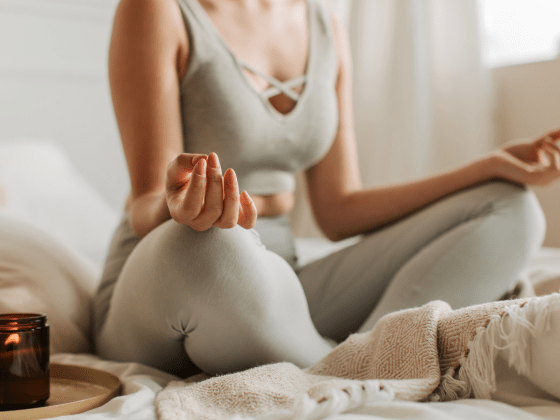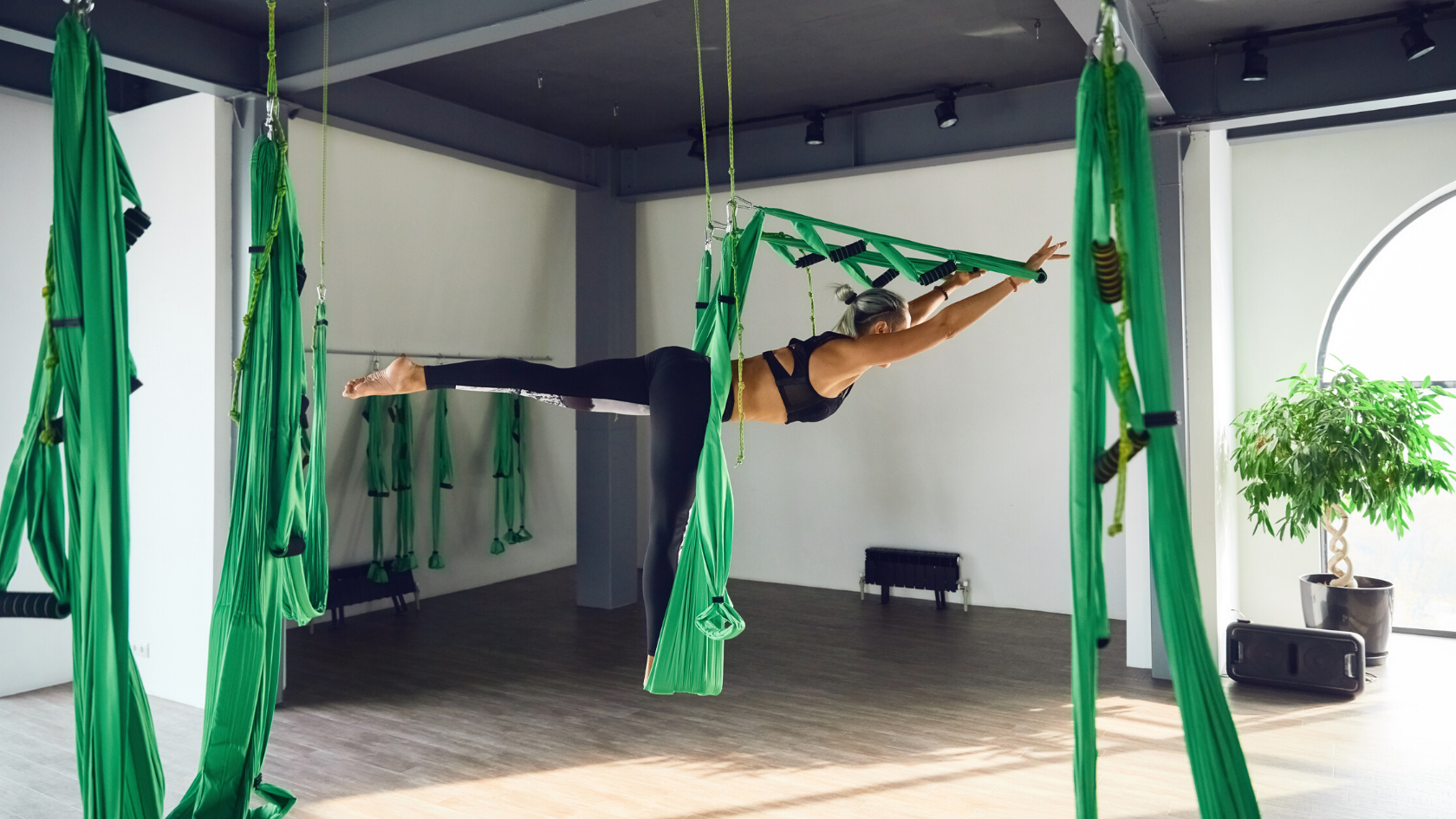Recently we looked at the benefits of starting a regular yoga practice, one of which is becoming more mindful. So let's look at mindfulness in more detail, what benefits it can bring, and how we can all become more mindful.
What is mindfulness?
You have probably heard of the term but do you actually know what it means? Life today is very busy and often stressful. We are being besieged with information from all directions - social media, email, TV, SMS. Our jobs and lives are busier than ever before as we try and juggle work, social lives and families. We often spend a lot of time thinking or worrying about the future, so much so that we miss the present moment.
When did you last stop and smell a flower or just pause to enjoy a peaceful moment or a beautiful view? With mindfulness, you will purposely focus your attention on the present moment - listen to what sounds are around you, what temperature it is, what you can smell or see. And you will accept it, without judgment.

Mindfulness can help in your life
Mindfulness can help many areas of your life, including improved concentration and focus, the ability to better regulate your emotions, and reduce anxiety. These benefits can even improve our productivity and working life, so top companies, including Google, Bank of America and Salesforce are offering mindfulness training to their employees.

These days anxiety disorders are on the rise as people deal with stressful work and personal lives, in our rapidly changing world. Mindfulness has been proven to reduce anxiety without having to resort to drugs, many of which have nasty side effects. A study at Massachusetts General Hospital showed that mindfulness-based stress reduction (MBSR) could help reduce anxiety in people diagnosed with a generalized anxiety disorder (1).
Mindfulness-based cognitive therapy
Mindfulness-based cognitive therapy, a program that includes yoga and mindfulness, has been used successfully to treat depression from reoccurring. This is because mindfulness helps people notice they are beginning to slip into dangerous patterns of thinking and then they can use other tools they've learned on the course to help prevent depression from taking over.

Another exciting possible benefit of mindfulness is that it may help improve our cognitive abilities, which is something that everyone can benefit from. A study of a short mindfulness training course found that it improved people's working memory, executive functioning and visio-spatial processing, and who doesn't want that (2)! It has also been shown to improve focus and attention, which many people are lacking these days.

Mindfulness isn't just good for the mind, but it can also have positive effects on the body. One study showed that mindfulness can help reduce blood pressure, (3) and another showed that mindfulness training slowed heart rates and improved cardiovascular capacity (4). Both of these are very important for people who are at risk of heart disease.
The brain can also benefit
The brain can also benefit, with mindfulness helping to slow cognitive decline in patients with Alzheimer's (5). It may even help boost our immune system, which can help with a whole range of diseases.
Many mindfulness and meditation techniques are very simple and require nothing more than a few minutes of your time. Here are a couple of our favorites, which you can try while sitting, or even lying down somewhere comfortable. You can sit cross-legged on the floor, on a cushion or on a chair - whatever works for you.
- Focus on the breath - close your eyes and begin to focus on your breathing. Notice the air going in and out as you inhale and exhale. If you prefer you can focus on the feeling of your chest or belly rising and falling. If your mind wanders don't get angry at yourself. Without judgment let go of the thought and return to your breath.
- Body scan - focus on each part of your body starting with your head and moving down slowly to your feet. Notice the sensations in each part of your body without judgment. You can move your attention up and down your body once or twice.
- Sensory awareness - notice what you can see, hear, feel, smell and taste in the moment, without any judgment, and then let go of the sensations.

So what are you waiting for?
So what are you waiting for! Live in the present and try some mindfulness and meditation today. You don't have to devote a lot of time to it - even 2 minutes a day can be helpful, but try a variety of different lengths of meditation to find out what works best for you. If you need a bit of help getting started there are several apps available for both Android and iOS, many of which give you a small selection of their meditations to try for free.

To see the range of Glo products, visit our Amazon storefront here !
If you are interested in becoming more skillful and fully certified, you can start your mindfulness certification training today! Our friends at the NLP training center run a course on Mindfulness Certification Training for Individuals and Coaches. For more information click here.
2 https://www.sciencedirect.com/science/article/abs/pii/S1053810010000681
3 https://www.ncbi.nlm.nih.gov/pubmed/24127622
4 https://www.ncbi.nlm.nih.gov/pubmed/26641099
5 https://nyaspubs.onlinelibrary.wiley.com/doi/full/10.1111/nyas.12348














